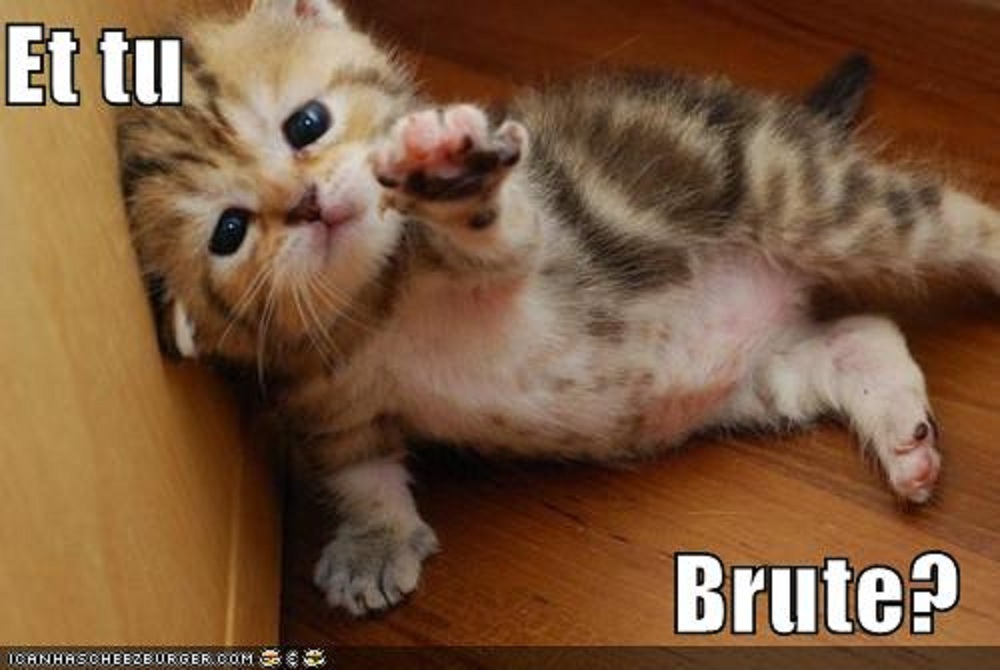As Prometheus brought man the gift of fire in Greek mythology, carrying it down Mount Olympus on a large fennel stalk against Zeus’ will, he was horribly punished — a giant eagle would eat his liver each day, to have it regrow at night.
This tale is fascinating, and it tells us something about human nature in regards to the copyright monopoly and patent monopolies. The event where Prometheus brings fire to mankind is regarded as the spark that dawned civilization of humankind — not just a milestone, but more or less the start of recorded time.
I find it thoroughly fascinating, that even in the millennia-old Greek mythology, people were punished horribly by those with more muscle for sharing knowledge that was crucial to the advancement of mankind. There is a duality here: knowledge is immensely advantageous for people, and therefore, there is a punishment for spreading it. This says something about mankind, and it tells us something deeper than just the wrongs of the copyright monopoly and patent monopolies. I think it is more akin to the destructive human nature of kicking away the ladder once some people have reached the top themselves.
(Prometheus was eventually freed from his predicament by Heracles, by the way.)






We can see this myth as just another version of the Forbidden Fruit of Knowledge, that virtually appears in all cultures.
Knowledge is Power and even the most primitive peoples have always known this.
Sometimes a gift (not forgetting that Prometheus was a “demi-god”), sometimes something totally forbidden, the knowledge was never a natural attribute of the mere mortal. Intrinsically possessed by the gods, his restrained assignment to the common man has always been a symbol and instrument of submission.
Rewriting the same old story over the centuries, the “gods” never imagined that someday this vicious circle could be broken. Desperate and threatened, send us your vultures to eat our livers. But may be too late for them …
Another interesting aspect of this tale is that nothing was taken away from the gods. Zeus had no less fire after Prometheus brought fire to mankind than he had before. And it wasn’t for stealing a fennel stalk that Prometheus was so horribly punished.
I have long thought that fire is the best analogy for explaining how copying isn’t theft. Many people don’t understand the difference between a file and the medium it’s stored on, but everybody understands that when you light a candle from another, the flame doesn’t move from one candle to the other; instead you get two flames.
You know, Karel Čapek actually wrote about punishment of Prometheus in one of his Apocryphal Tales. In them he clearly hints at what you describe.